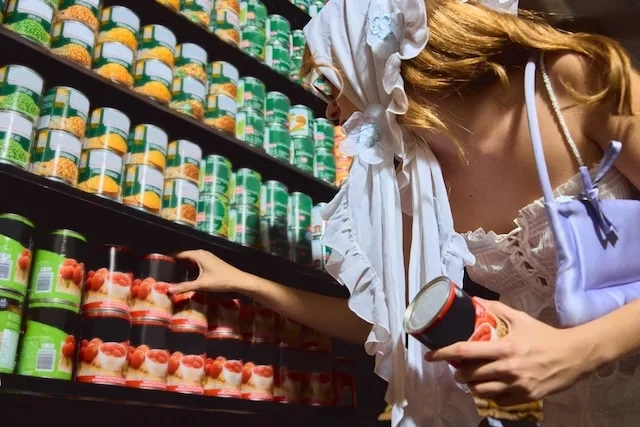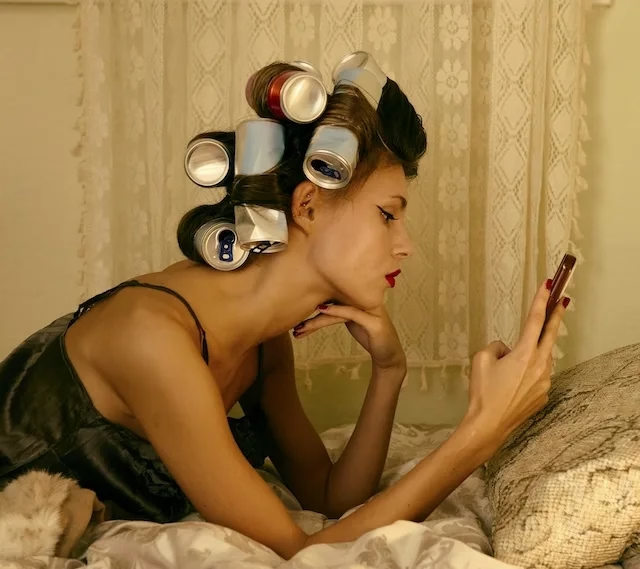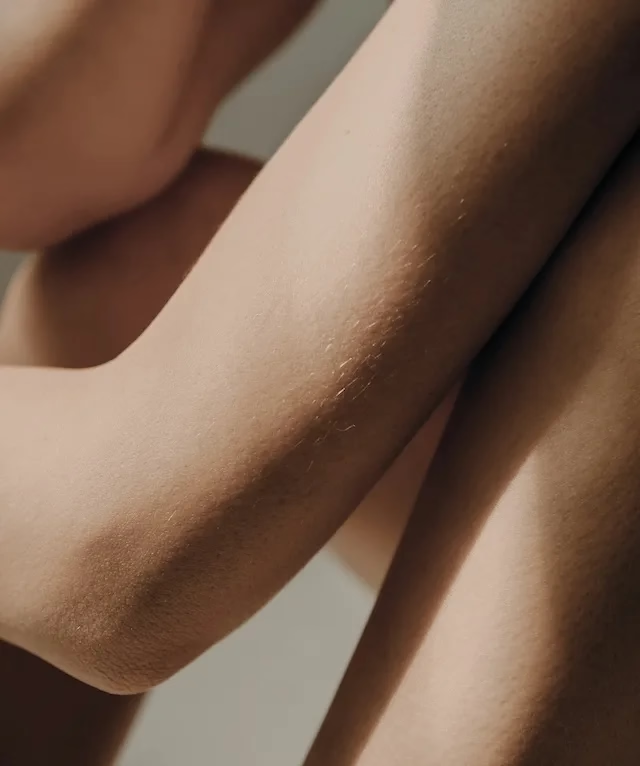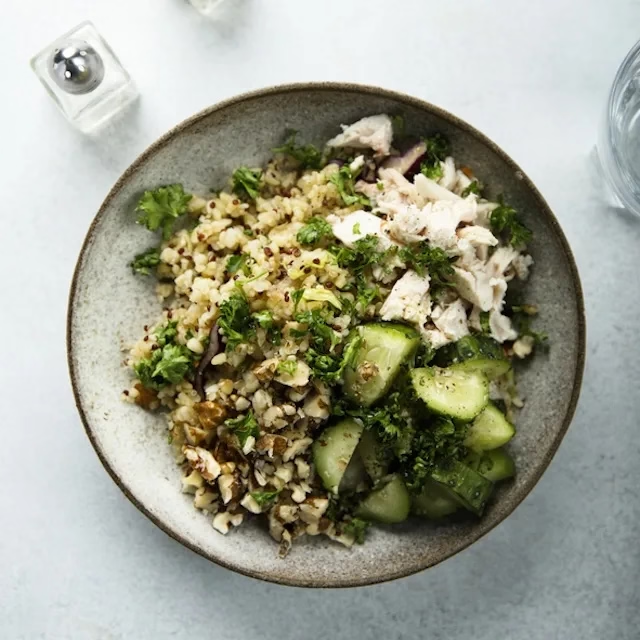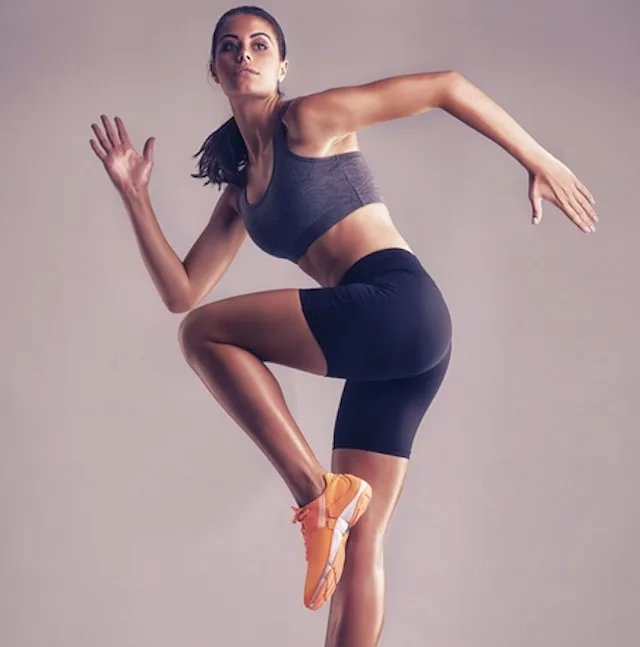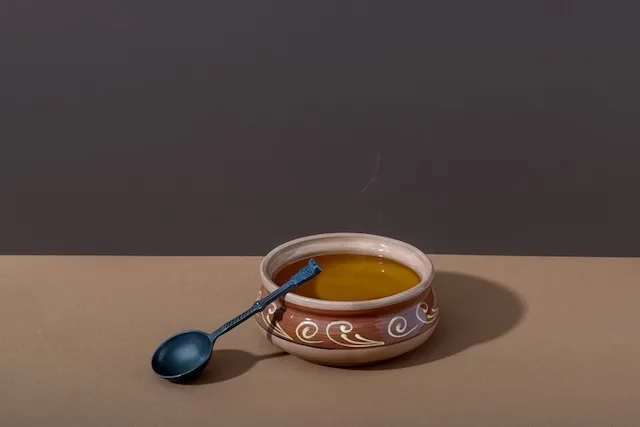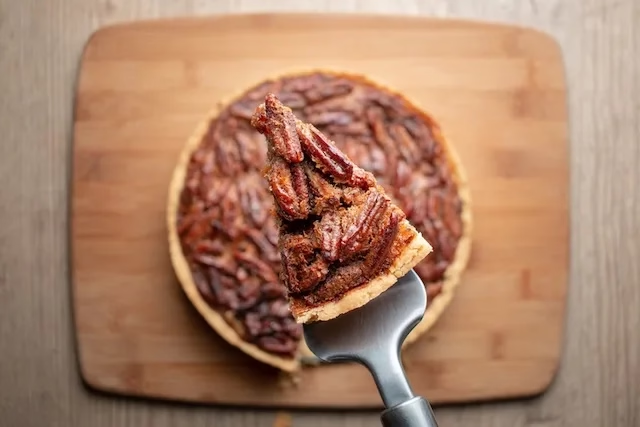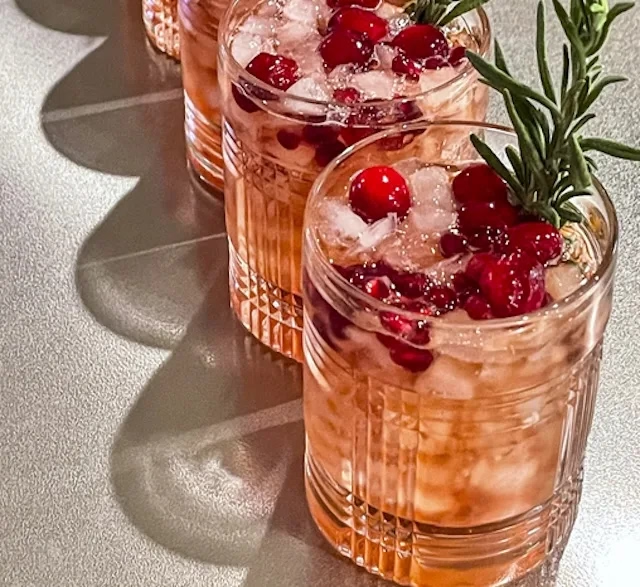Can Taking Photos of Your Food Improve Your Nutrition?

You know how we always snap a picture of our food before we start eating to ensure it’s the perfect Instagram shot? From sharing details of the mouth-watering four-course meals we’ve had to posting our favourite high-protein snacks after a tough workout, we’re paying more attention to what we eat now than ever before. Turns out our photo habits might be doing more than just making our social media pages look pretty. New research conducted by Curtin University suggests snapping photos of our meals could be the secret to healthier eating. Who knew, right?
Study turns food images into health goals
Well, here’s the lowdown. Researchers at Curtin University recently conducted a study to determine how accurately participants could remember everything they had eaten over a 24-hour period. One group was asked to report everything they had eaten in the past 24 hours using only what they could recall from memory. The other group was asked to take a picture of everything they had eaten using a mobile food record (mFR) app.
Once the photos were submitted to the research team, dietitians analyzed them, recording various markings and other details in addition to measuring the weight of the food (for both groups). They then compared how accurately the participants recalled what they had eaten from memory with how accurate they were when they had taken the photos. As expected, the results showed that participants who had taken the photos were much more accurate in recalling what they had eaten in the past 24 hours than those who were simply asked to recall what they had eaten.

Why Food Photos Are More Important Than You Think
So why is this important? According to co-author and PhD candidate Clare Whitton, “Accurate, reliable data about what people eat is key to helping them optimise their health.” And all too often, things like distracted eating and over-measured foods (like nut butters and oils) can easily be miscalculated and seriously impact our health.
By taking the load off our (sometimes forgetful) brains and letting the app do the work, we’re more likely to get accurate results about our overall nutrition and diet. This could be a game changer for dietitians and anyone trying to improve their eating habits. Brio-Medical dietitian Sarah Herrington, MS, CNC, CPT, says using technology like this is a “mindless alternative that will help guide individuals to make better choices,” especially for those struggling with issues like time management, anxiety, and eating disorders.
Professor Deborah Cole, co-founder of the food logging app, said the team is continuing their work to further integrate artificial intelligence to automatically analyse these food photos. So, in the future, you might just snap a photo and boom! The app will tell you everything about your meal, from calories to nutritional content.
What this means for us and our health habits
Creating and posting enticing photos of food has become the norm for us to develop, share, and influence certain eating habits in ourselves and others. “That’s why when you’re driving down the highway, you’ll see a giant photo of a hamburger at a fast food restaurant. Food companies target our visual center to drive our choices,” Herrington explains. In her nutrition practice, she’s found that numbers (calories, sugar, and fat) are a stronger deterrent than just looking at a photo of the food.
Because food plays such a big role in our lives, getting a more accurate picture of what we’re putting into our bodies (especially for those with specific health goals) is the best way to get those results. Analysis of our food photos also makes it easier to track what we eat over time and continue to make healthier choices. Imagine getting accurate dietary recommendations based on just a picture – no more guessing whether that salad is as healthy as you thought it was!
“It’s important to recognize that focusing too much on numbers can sometimes lead to unhealthy behaviors,” Herrington says. “This can overshadow the importance of focusing on nutritional quality and overall health. When tracking becomes more about hitting a certain number than nourishing your body, it can lead to a strained and unhealthy relationship with food. That being said, it can be a valuable tool to assess an individual’s dietary intake when progress has stalled, or to observe patterns in a population. For beginners, it’s also a great way to learn about portion sizes and understand the caloric density of different foods.”
Summarize
As technology improves, this type of food tracking will become easier and more accurate. So, next time you’re out for brunch, take a picture. It’s not just for Instagram — it might help you make better food choices. Who knew our little obsession with food photography could be so beneficial?


 Anal Beads
Anal Beads Anal Vibrators
Anal Vibrators Butt Plugs
Butt Plugs Prostate Massagers
Prostate Massagers
 Alien Dildos
Alien Dildos Realistic Dildos
Realistic Dildos
 Kegel Exercisers & Balls
Kegel Exercisers & Balls Classic Vibrating Eggs
Classic Vibrating Eggs Remote Vibrating Eggs
Remote Vibrating Eggs Vibrating Bullets
Vibrating Bullets
 Bullet Vibrators
Bullet Vibrators Classic Vibrators
Classic Vibrators Clitoral Vibrators
Clitoral Vibrators G-Spot Vibrators
G-Spot Vibrators Massage Wand Vibrators
Massage Wand Vibrators Rabbit Vibrators
Rabbit Vibrators Remote Vibrators
Remote Vibrators
 Pocket Stroker & Pussy Masturbators
Pocket Stroker & Pussy Masturbators Vibrating Masturbators
Vibrating Masturbators
 Cock Rings
Cock Rings Penis Pumps
Penis Pumps
 Wearable Vibrators
Wearable Vibrators Blindfolds, Masks & Gags
Blindfolds, Masks & Gags Bondage Kits
Bondage Kits Bondage Wear & Fetish Clothing
Bondage Wear & Fetish Clothing Restraints & Handcuffs
Restraints & Handcuffs Sex Swings
Sex Swings Ticklers, Paddles & Whips
Ticklers, Paddles & Whips







